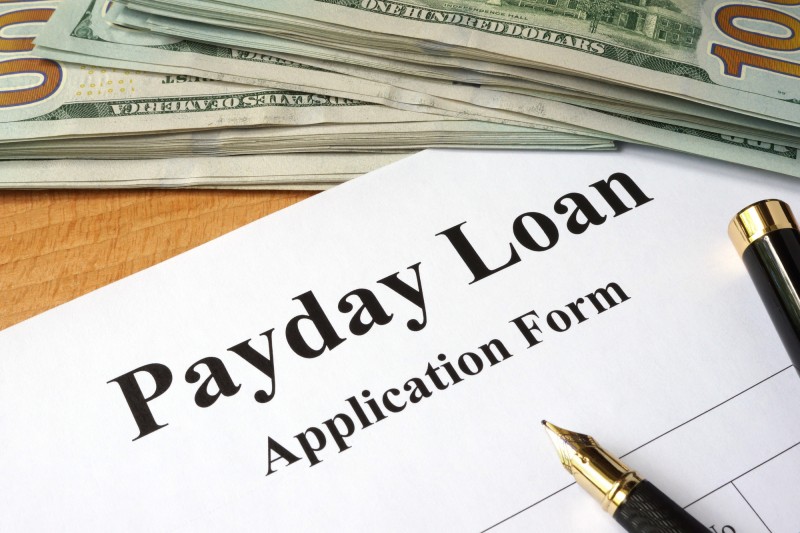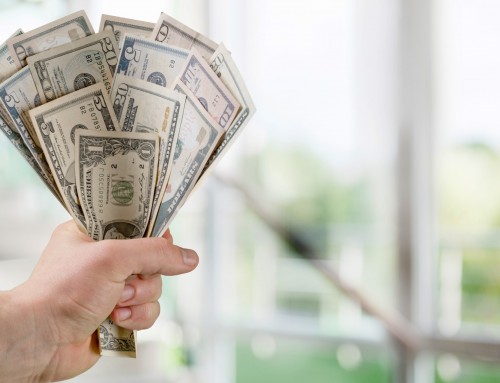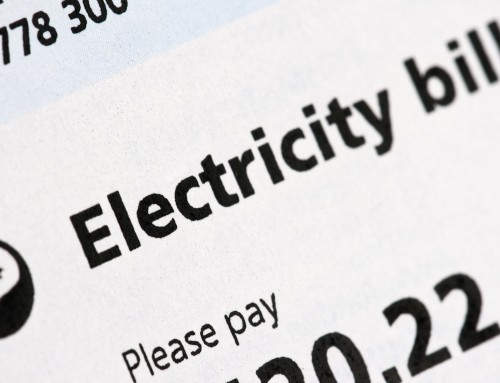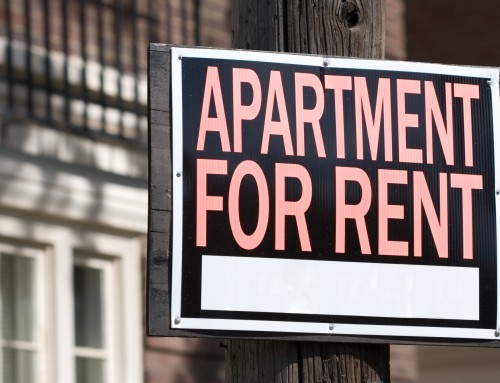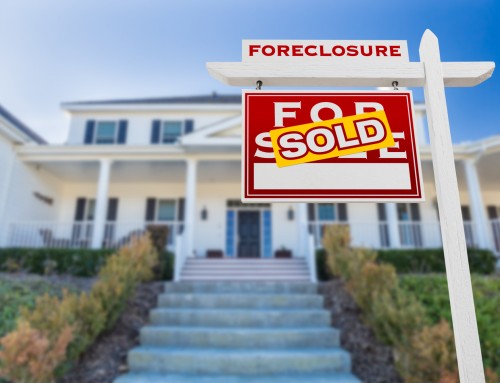Are you one of the 44 percent of Americans who don’t have enough cash in the bank cover an unexpected $400 emergency?
If so, you might have considered a payday loan.
Payday loans offer to solve cash flow problems fast. They don’t require much paperwork, a waiting period, or an excellent credit score. Lenders provide a little bit of money to help you cover an unexpected expense, and you pay it back ASAP.
Payday loans often get a bad rep from the press, but some people find them to be dependable sources of cash when disaster strikes.
Whatever your opinion, you should always consider a payday loan – or any other kind of financial debt – with your eyes wide open. How do payday loans work? We created a guide to show you what they are, how to use them successfully, and how to avoid falling into a debt trap.
What Is a Payday Loan?
Payday loans are small loans – often not more than the average paycheck – available in cash immediately.
Unlike traditional loans, they don’t require a co-signer or a stack of paperwork. In most cases, you provide basic financial information and the lender determines your creditworthiness before approving you.
You’ll recognize a payday loan by its three primary characteristics:
- Small principal balance
- Short repayment period
- High fees and interest rates
You might also hear these borrowing options referred to as a: salary loan, payday advance, payroll loan, or short-term loan.
If you’re familiar with the term, you’ll know that these methods of lending are controversial. Although the loan only borrows a small amount of money for the short-term, people find the loans land them in deeper debt than they started in.
It’s impossible to deny that people wind up in trouble when they use payday loans. However, it is possible to use them carefully to avoid financial disaster. You can read more here about ways lenders secure loans.
When Would You Get a Payday Loan?
Payday loans aren’t used to buy houses or cars. Those are secured loans because the lender ties them to a physical object that they can repossess.
Instead, people use payday loans when they encounter life’s emergencies and their personal finances don’t have them covered.
For example, if you’re between paychecks and you need to get your car fixed, you might turn to a payday loan. Then, you pay back the payday loan when you get your check.
Again, payday loans aren’t designed to be long-term debt. If you use one, it should be to get cash that you can confidently payback at the end of the term.
How Do Payday Loans Work?
Payday loans are different from short-term secured loans because they have an informal amount of security attached.
When you apply and get approved, the lender may ask you to leave behind a signed check for the amount you borrowed. When it’s time to repay, the lender cashes the check and calls it even.
Principal, Term, and Fees
It sounds simple, but it’s important to return to the essential characteristics of a loan to understand how they truly work for you as a consumer. Like all loans, payday loans have the three parts we mentioned above: a principal borrowed amount, a short-term, and an APR and fees.
When you borrow a principal, the lender adds a fee that depends on the size of the loan. The feed is significant because it could make up 20 to 30 percent of the whole loan.
For example, if you borrow $200 and the lender applies a $40 fee, then you paid $40 to borrow $200, which is 20 percent of the total loan. It’s a high fee compared to traditional loans and even credit cards.
The APR also plays a role. Your annual percentage rate (APR) represents the amount of interest applied to your principal. It’s not uncommon for a short-term loan APR to reach 400 percent.
What If You Can’t Pay the Loan Back?
Lenders in some states are willing to accommodate some borrowers if they can’t pay their loans back. In those cases, they “roll over” the loan for another term. When your loan gets rolled, you don’t have to pay it on the original due date, but you will pay another round of fees and interest.
Why don’t all lenders roll over loans?
Twenty-one U.S. states banned the practice of rolling over loans.
However, some lenders will still help you extend the loan legally. If you can’t pay your loan, the lender can loan you more money when you pay off the payday loan. The practice is a “back-to-back” loan, and it differs from rollovers only in name.
The Costs of a Payday Loan
Paying a 20 percent convenience fee is a steep price for a small loan, but some people can justify it based on need, convenience or other factors.
The costs become a problem when you can’t pay back the loan on time.
Say you borrow $300 for one month with 300 percent interest and a 20 percent fee.
When you return the money, you owe:
- $300 principal
- $60 (20 percent fee)
- $36.74 (300 percent APR)
To borrow $300 for a few weeks, you paid: $396.74.
The price of your loan jumped by nearly $100.
Let’s put that into perspective compared to a credit card.
If you put $300 on your credit card and paid it off before the next billing cycle, you would pay $0 in interest. Even if you made two payments of $150 to pay off the debt, you would only accrue $6.90 in interest with an interest rate of 17.95 percent.
If You Owe a Payday Loan, Can You Get Another?
Is it possible to take out two or more payday loans at once? The answer to this question is complicated.
In theory, you won’t receive another loan until you pay off the first one, but 90 percent of all business comes from borrowers with at least five current loans. Most people who use payday loan services use them frequently to the tune of 12 or more times per year.
Your state may try to limit the number of payday loans borrowers can get. They try measures like:
- Renewal bans
- Payment plans
- Loan limits
- Loan amount caps
- Additional stringent regulations
In other words, you can get another payday loan if you already have one, but it often depends on the lender, state, and changing state regulations.
How to Get a Payday Loan
Is a payday loan right for you? We’ll show you how to find a lender and what to ask before you sign the dotted line.
Remember: payday loans work best for people who only borrow what they can confidently pay back and for those who don’t have other borrowing options. Asking for more than you can pay may lead to a debt snowball that may be hard to stop.
1. Choose a Lender
Payday lenders recently migrated to the online sphere, which is great for consumers because it makes comparisons easy and reviews more accessible.
Your first step is to find a lender who operates in your state and has a good reputation. Look up their credentials and their registration to make sure they’re legit.
2. Do Your Research
Once you choose your lender, dive deep into their history. Ask yourself:
- What kind of loans do they offer?
- How clear are the terms posted on their website?
- Do they use hard-sell tactics?
- What do reviews and reports say?
A little bit of research sets you up for a far better transaction.
3. Talk About Fees, Terms, and Payments
When you’re ready to apply, be sure to ask about fees, terms, and payments before signing anything.
You want to make sure that you can pay back the balance – including fees – before you accept the loan. Remember that failing to pay the balance is what results in trouble with these loans.
4. Fill Out an Application
Are you comfortable with the lender and the terms? Fill out an application to see what you qualify for.
5. Wait for Your Decision
Payday loan lenders make decisions quickly so that you won’t wait long.
Remember that you don’t have to take a loan offered. You can always decline the offer. Rejecting a loan offer risks nothing.
6. Re-pay the Loan
Did you accept the credit? Be sure to pay it back according to the terms specified in your agreement. If you can’t pay back the balance, do your best to avoid rolling it over, which generates more interest and fees.
Treat Your Payday Loan Like Any Other Important Financial Transaction
You wouldn’t buy a $500,000 house on a $35,000 salary. All you need to do is apply the same logic to payday loans.
How do payday loans work? They work for you.
Payday loans take a lot of heat because failing to pay them back makes a bad financial situation worse. At the same time, you can’t beat their simplicity and efficiency. If you need $200 tomorrow, there aren’t many other lenders who can provide a quick cash injection.
Remember that payday loans can help you out of scrapes, but the best case scenario is to prepare for emergencies before they happen. Ready to learn more? Read our complete guide to financial planning for women.

